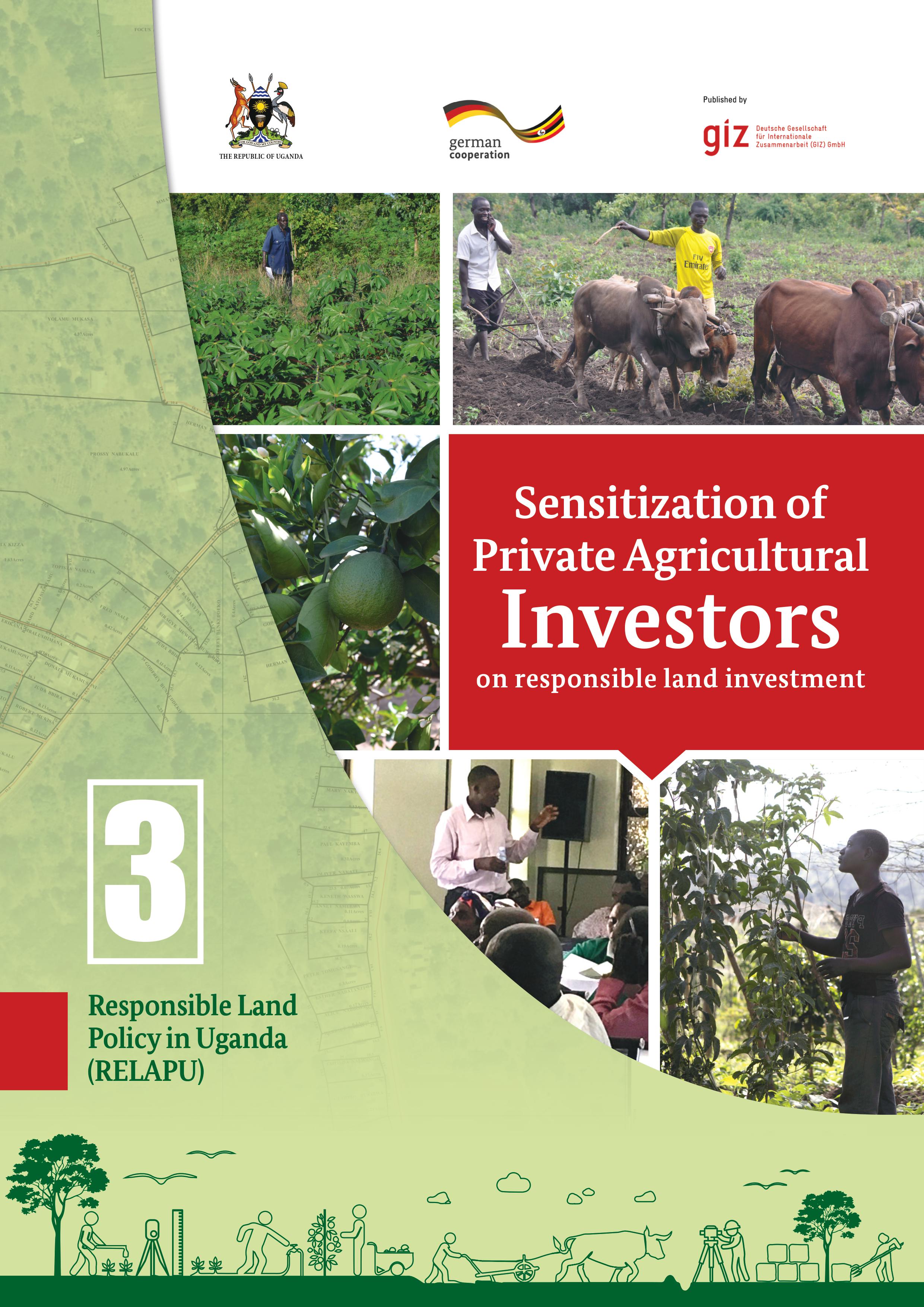Mapping irrigated areas in the Limpopo Province, South Africa
This report summarizes the findings of a collaborative effort to map and assess irrigated areas in the Limpopo Province, South Africa. The study was conducted by the International Water Management Institute (IWMI) in collaboration with the Department of Agriculture, Forestry and Fisheries (DAFF) and the Limpopo Department of Agriculture and Rural Development (LDARD), as part of the DAFF-supported ‘Revitalization of irrigation in South Africa’ project.




